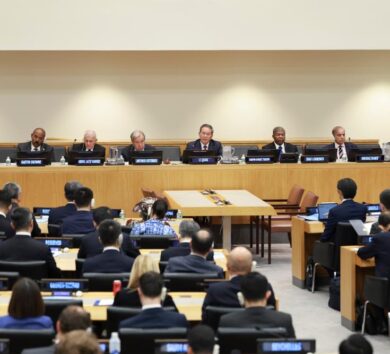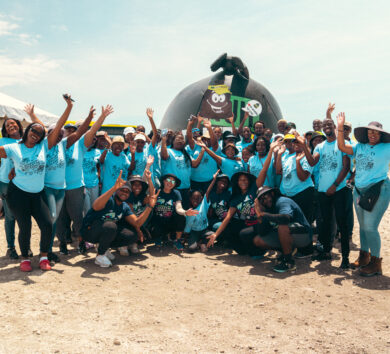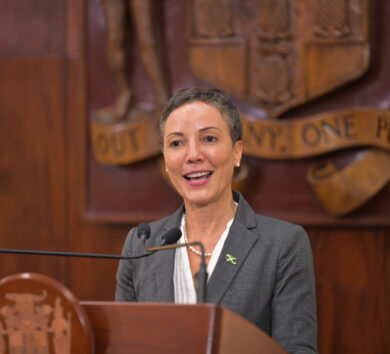

Children can catch mpox if they have close contact with someone who has symptoms. Children can be exposed to the virus at home from siblings, parents, caregivers, or other family members through close contact.
In some settings in Africa, children and adolescents may be exposed through hunting or trapping activities or consumption of insufficiently cooked meat.
Adolescents who have engaged in sexual activity with someone with mpox can also be exposed. The mpox rash can at first resemble other common childhood illnesses, such as chickenpox and other viral infections. If a child you are caring for has symptoms that could be mpox, seek advice from a healthcare provider. They will help to get them tested, and to access the care they need.
Children may be at greater risk of severe mpox than adults. They should be closely monitored until they have recovered in case they need additional care. A health worker responsible for the child may advise that they are cared for in a health facility. In this situation, a parent or caregiver who is healthy and at low risk of mpox will be allowed to stay with them.
If you have confirmed or suspected mpox and you are breastfeeding, talk to your healthcare provider for advice. They will assess the risk of transmitting mpox as well as the risk of withholding breastfeeding from your infant. If it is possible for you to continue to breastfeed and have close contact, they will advise you on how to reduce the risk by taking other measures, including covering up lesions. The risk of infection will need to be carefully balanced with the potential harm and distress caused by interrupting breastfeeding and close contact between parent and child. It is not yet known whether the monkeypox virus can be spread from parent to child through breastmilk; this is an area in need of further study.







Comments